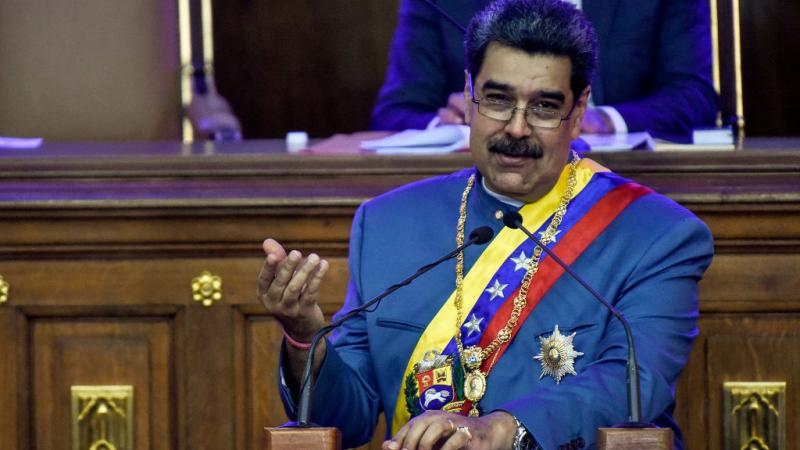Big-time Blink: San Francisco ends boycott of conservative states
The Board of Supervisors concluded that the boycott laws were costly and had little impact on other states’ laws.
San Francisco will no longer boycott 30 states that have passed laws on certain social issues with which it disagrees.
The Board of Supervisors voted to repeal a local law that banned city employees from traveling to and doing business with companies in states with laws regarding abortion, voting and LGBTQ politics that the city politicians dislike.
The Board of Supervisors concluded that the laws were costly and had little impact on other states’ laws.
“It’s not achieving the goal we want to achieve,” Supervisor Rafael Mandelman told The San Francisco Chronicle. “It is making our government less efficient.”
The repeal passed 7-4; the vote came one month after the board decided to exempt construction contracts from its boycott.
San Francisco Mayor London Breed supports repealing the boycott law, according to the report.
Walter Olson, a senior fellow at the Cato Institute, reacted to the news by saying that such boycotts have no place in America.
“These boycotts, including California’s bar on employee travel to two dozen states, are a grotesque affront to interstate comity,” Olson tweeted. “If we are to get past the ‘national divorce’ nonsense and piece together a tolerable degree of national unity, there must be no BDS between states.”
The supervisors initially passed the boycott in 2016 in response to states enacting conservative policies related to LGBTQ politics. However, they later expanded the law to include anti-abortion laws and certain changes to voting laws.
A report from City Administrator Carmen Chu’s office found that no states changed their laws because of the San Francisco boycott, according to The Chronicle. However, the boycott cost the city money with staffing expenses and missed contracting opportunities.
“We haven’t changed a single law. We have made competitive bidding less competitive,” Supervisor Matt Dorsey told The Chronicle. “I think San Franciscans would be angry if they knew the amount of hoops that have to be jumped through and the added cost to city contracting.”














